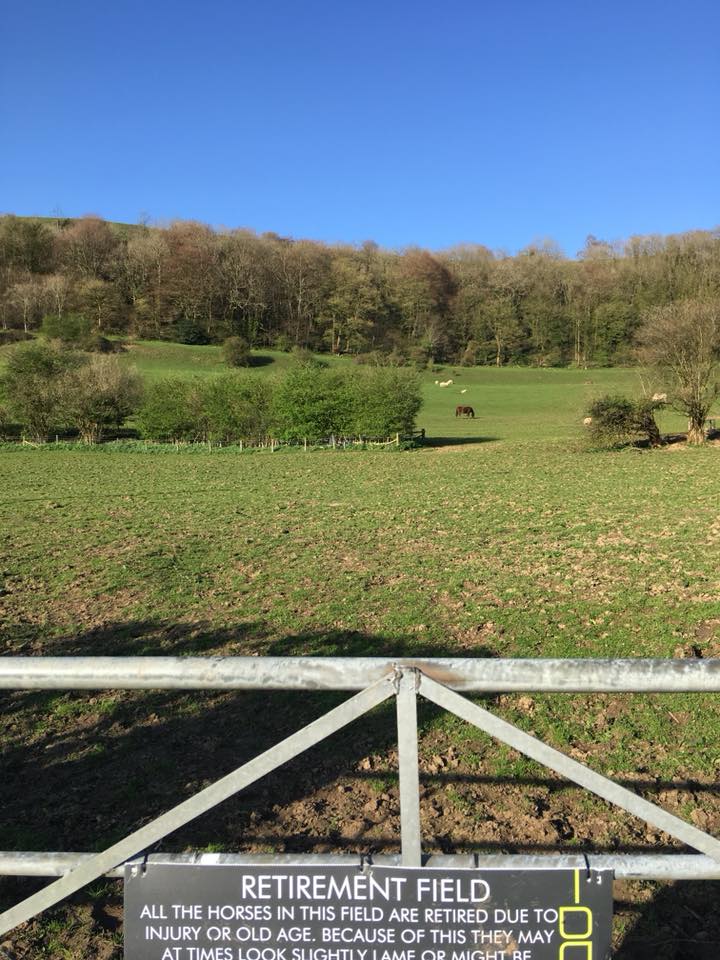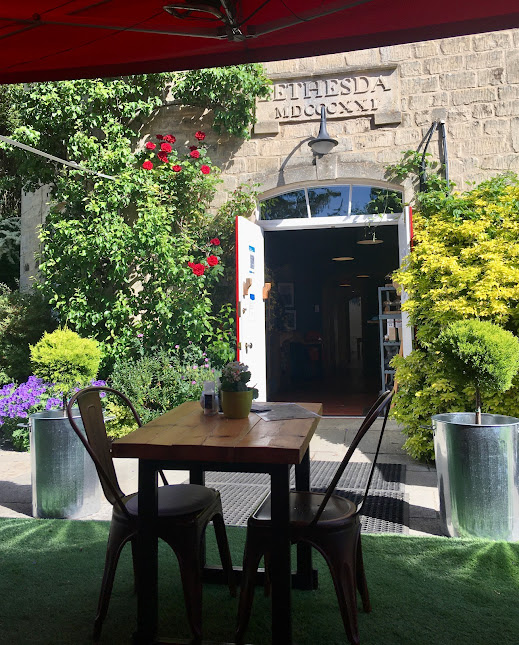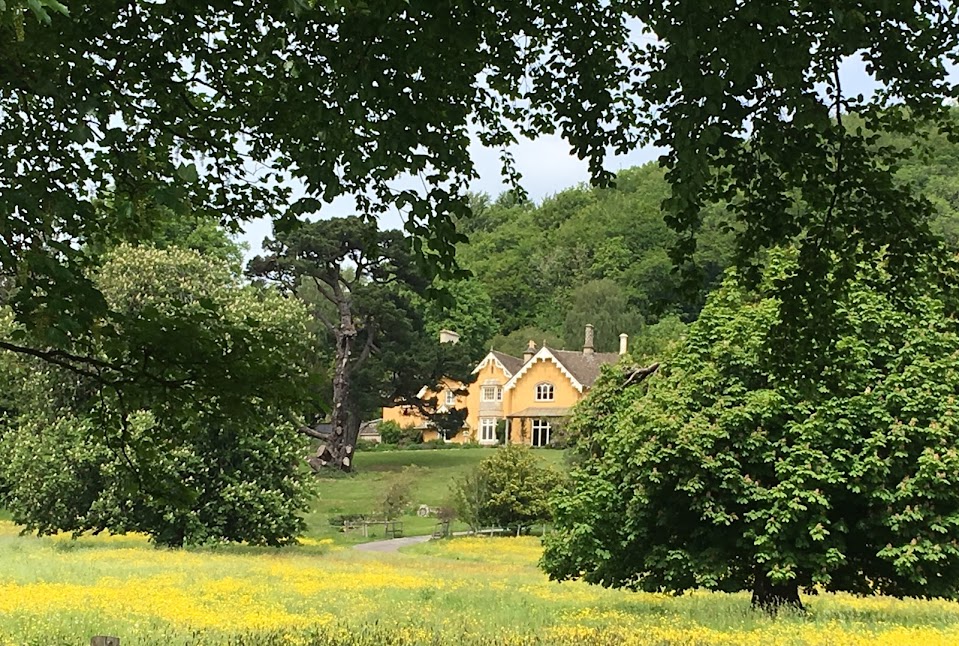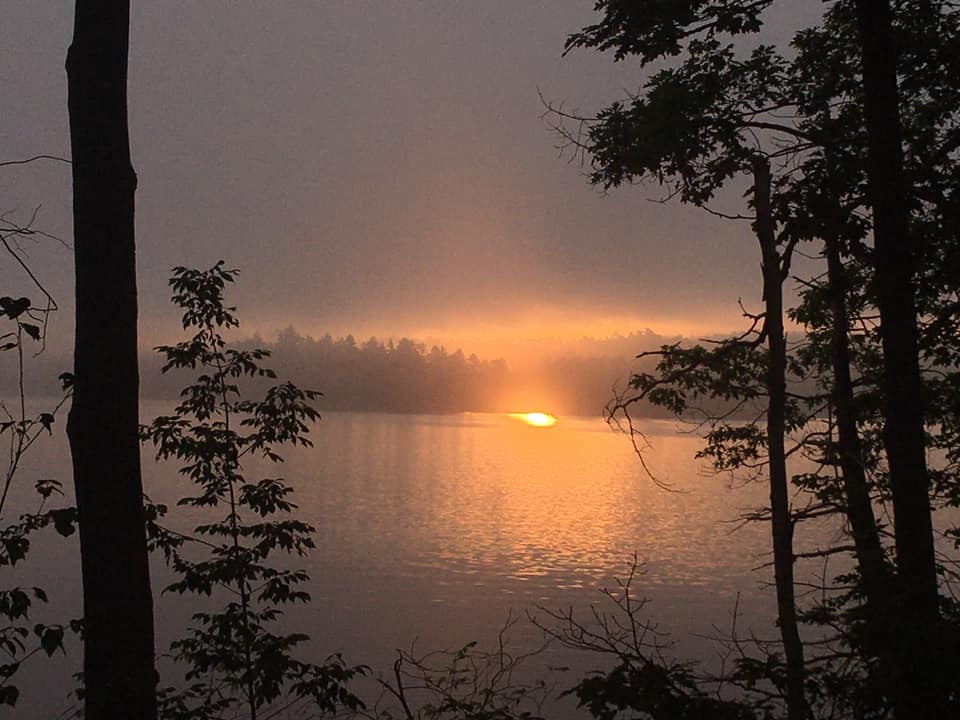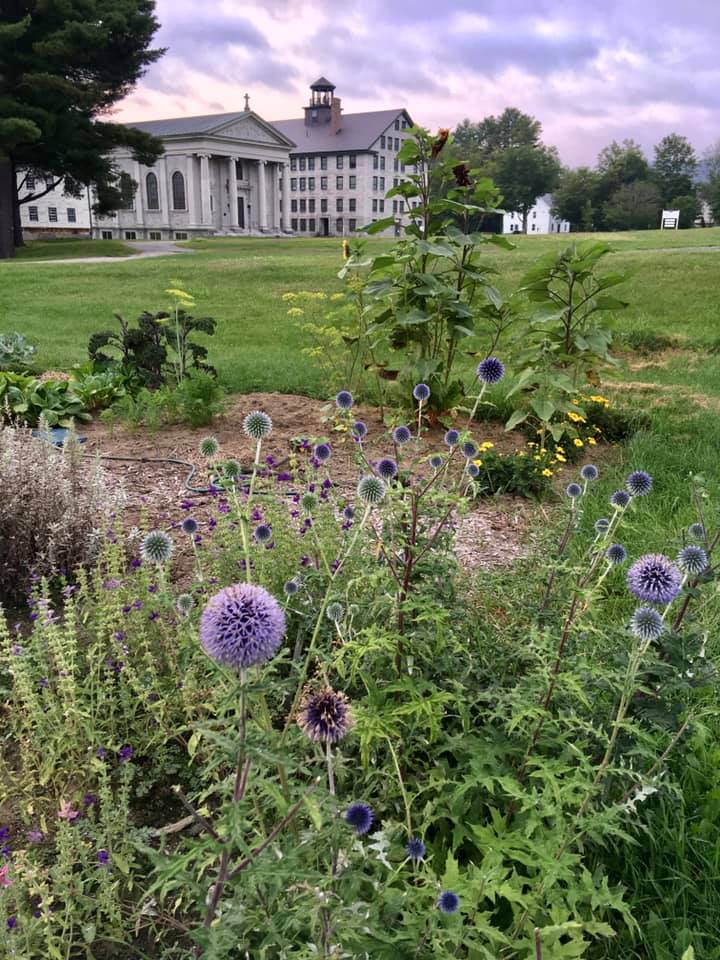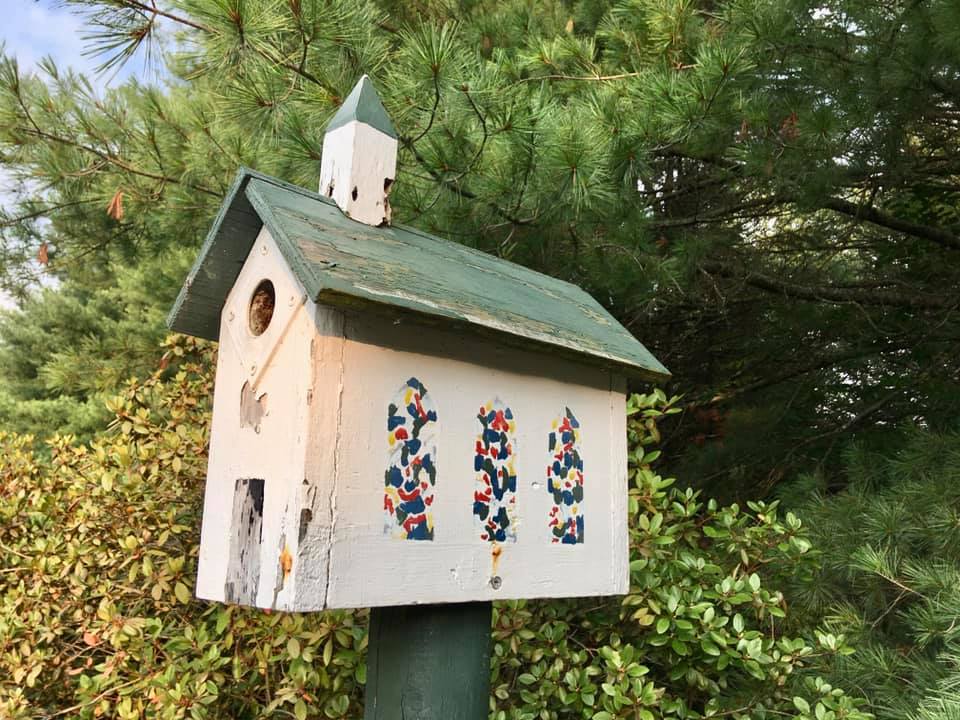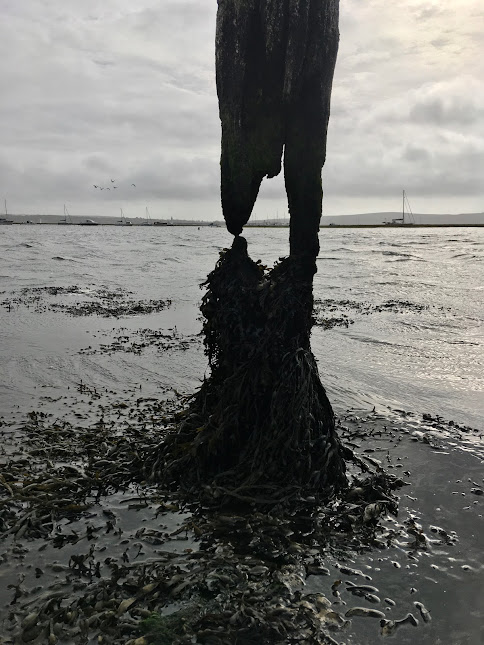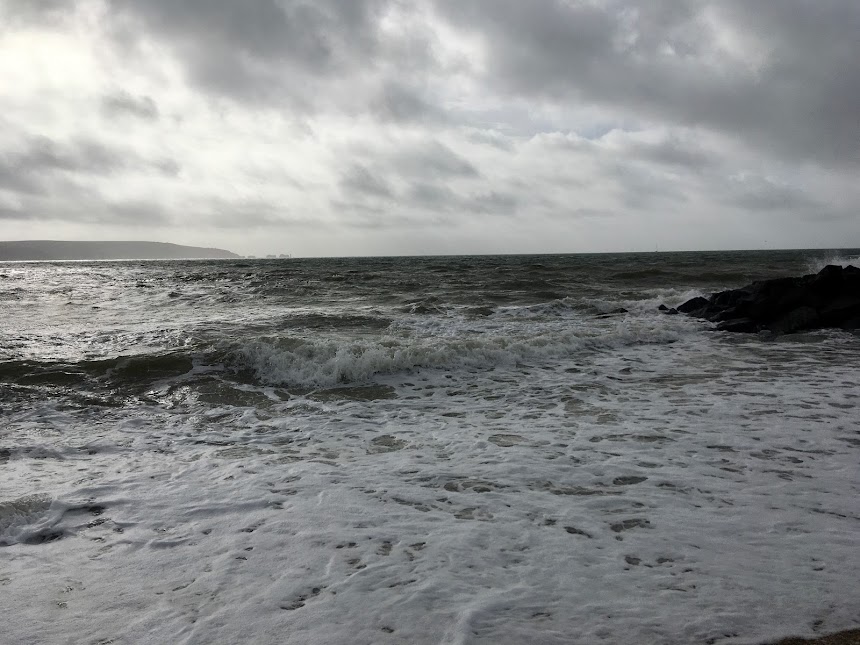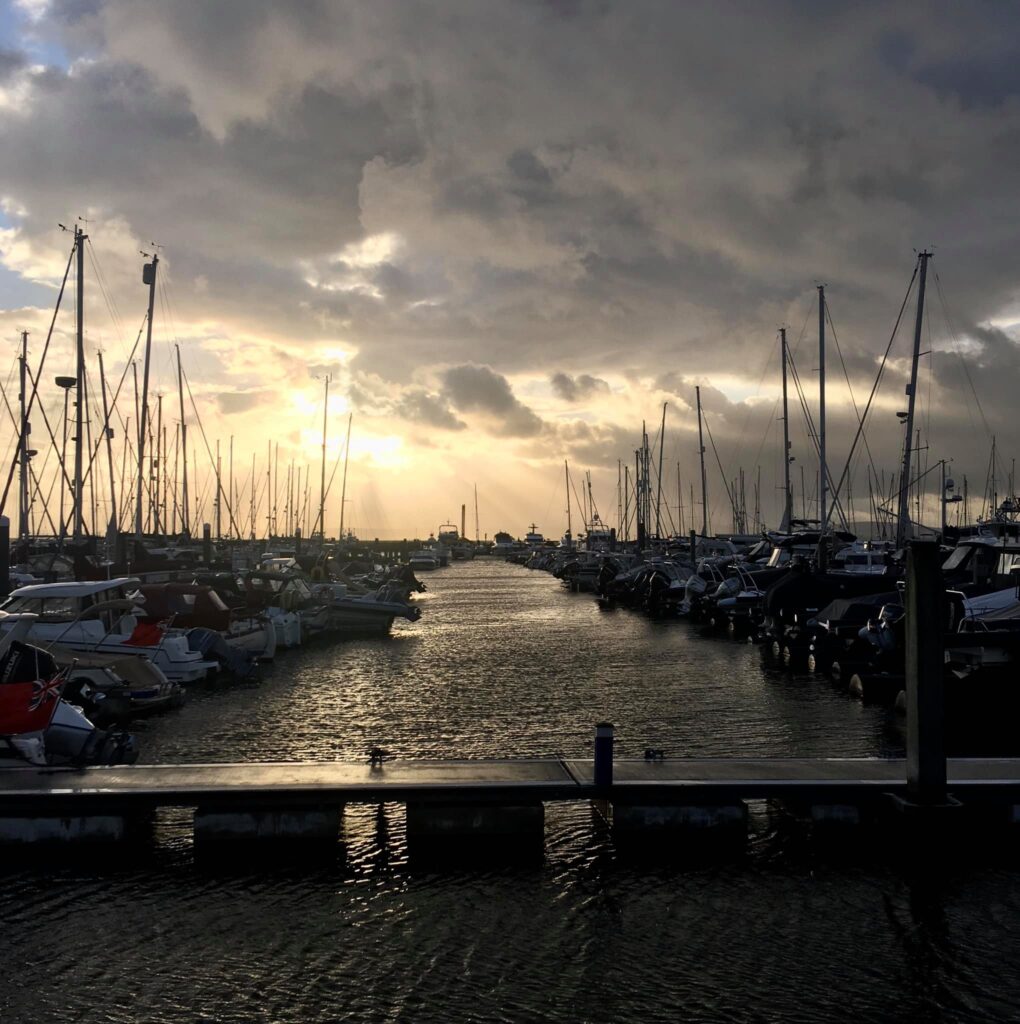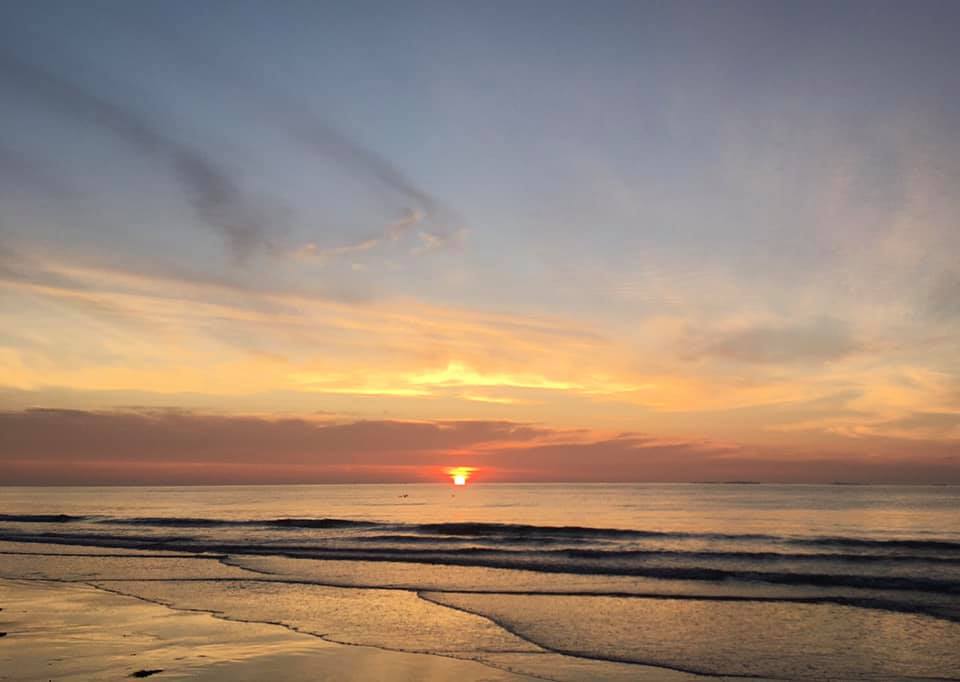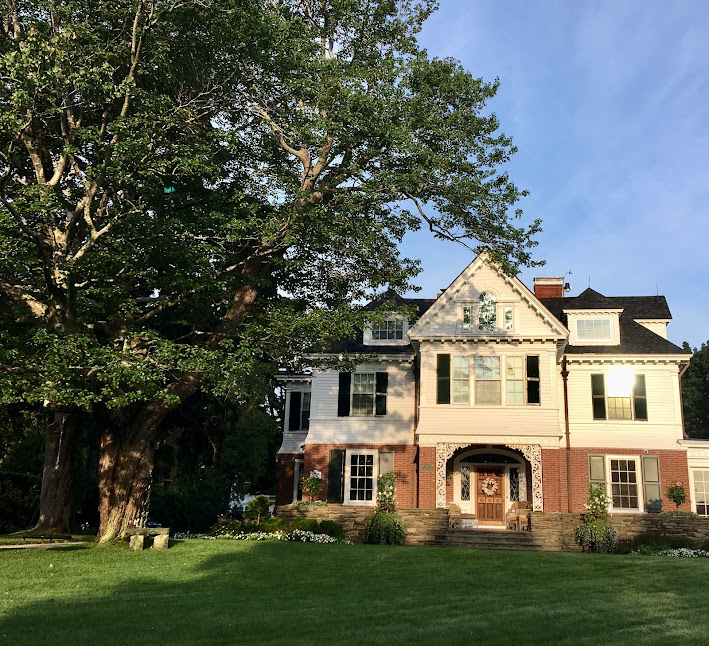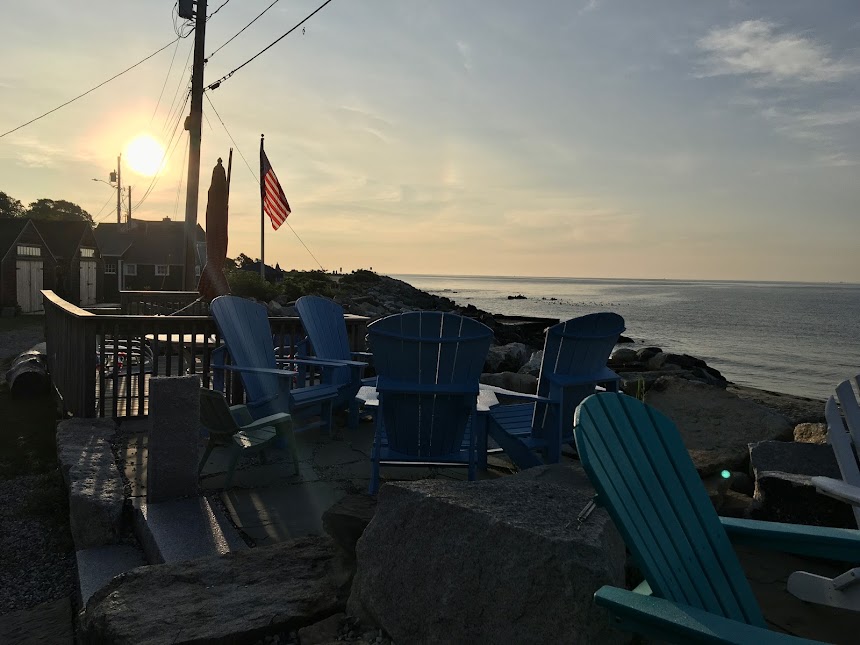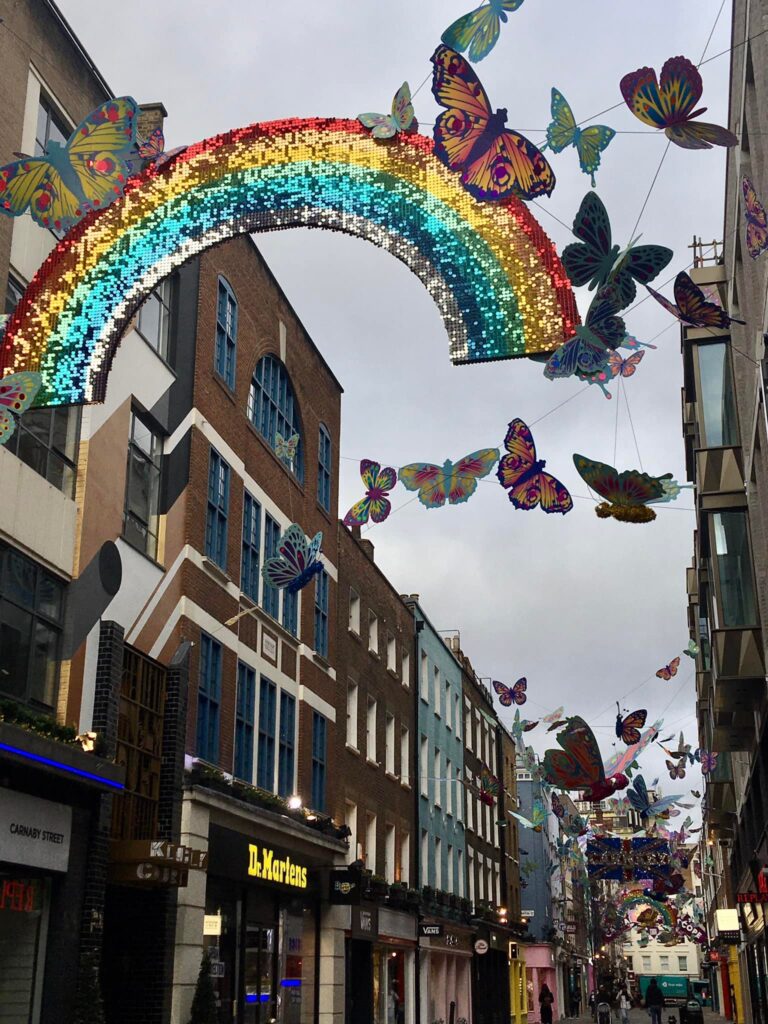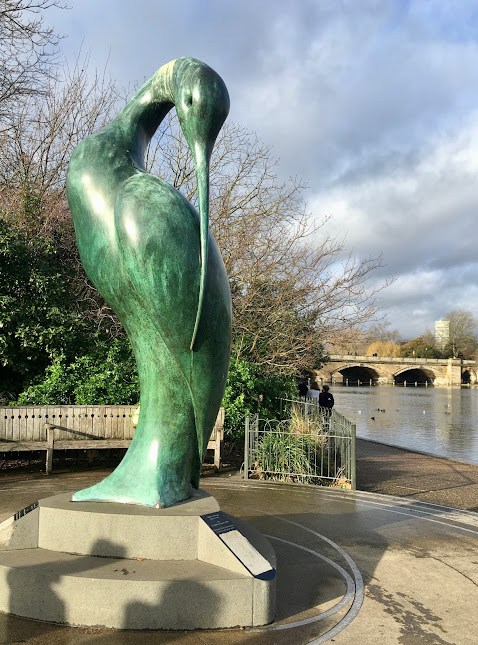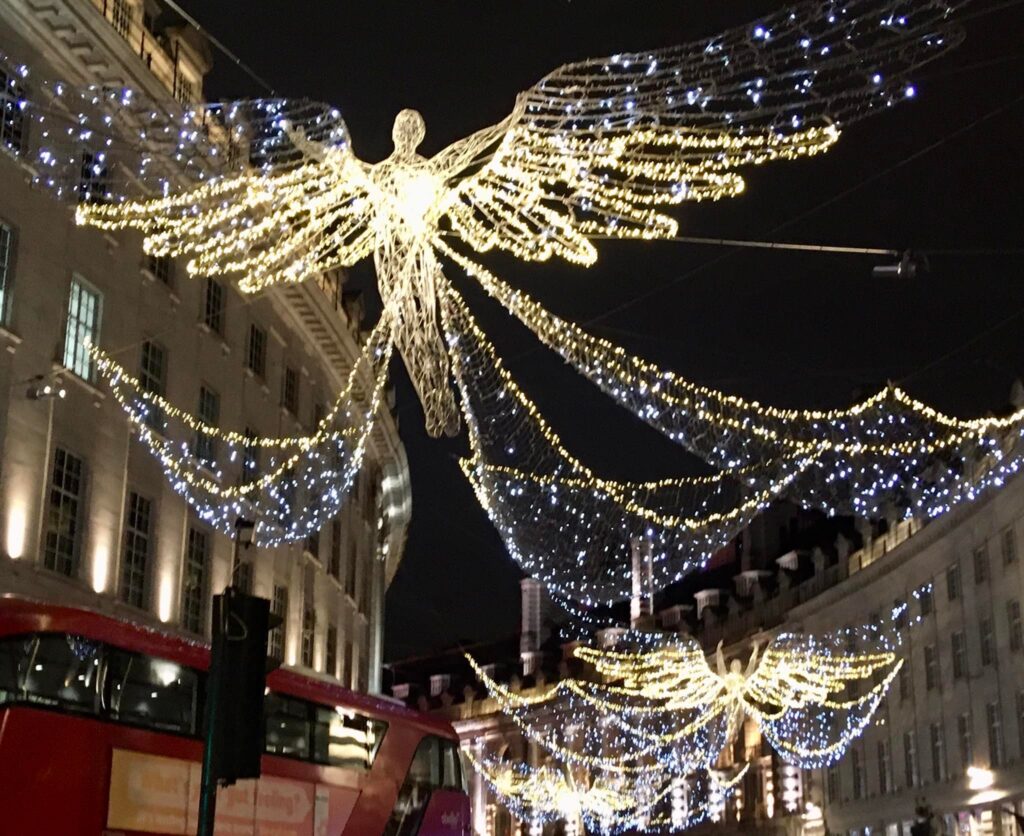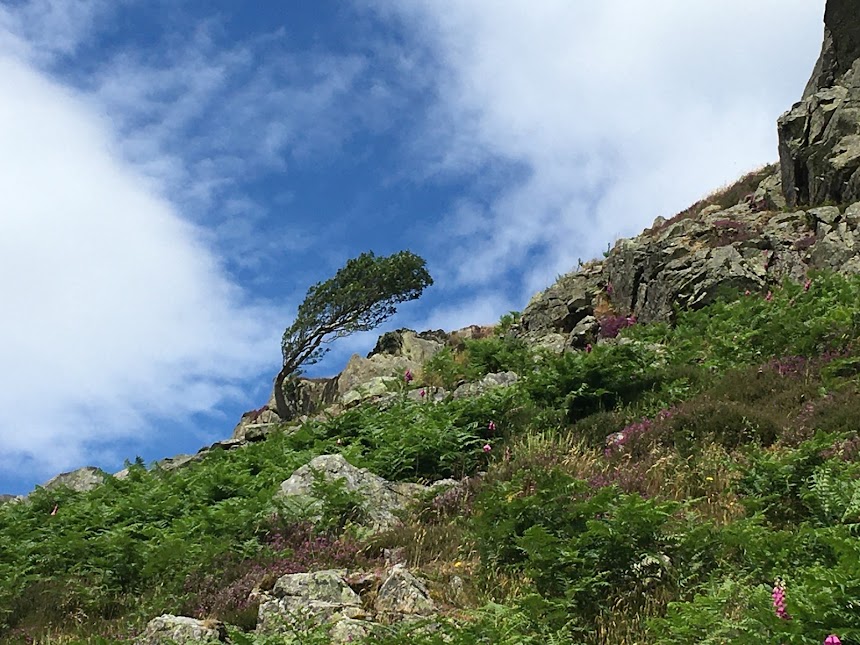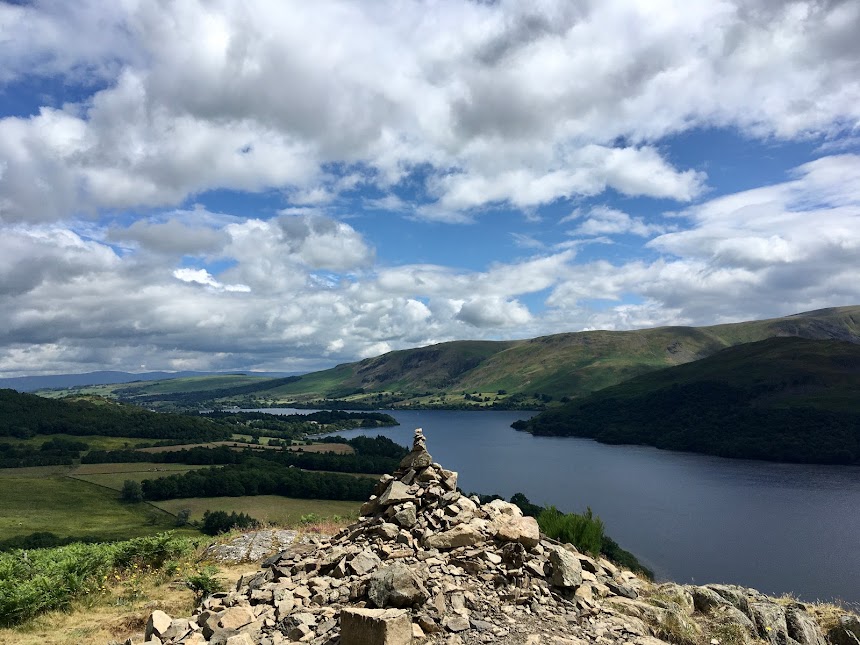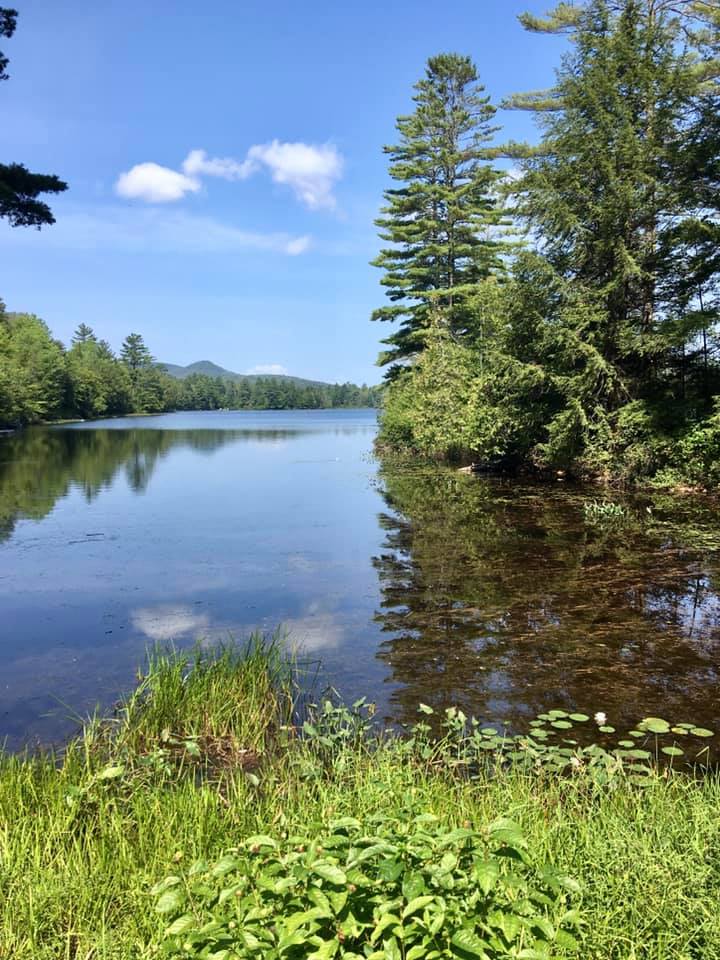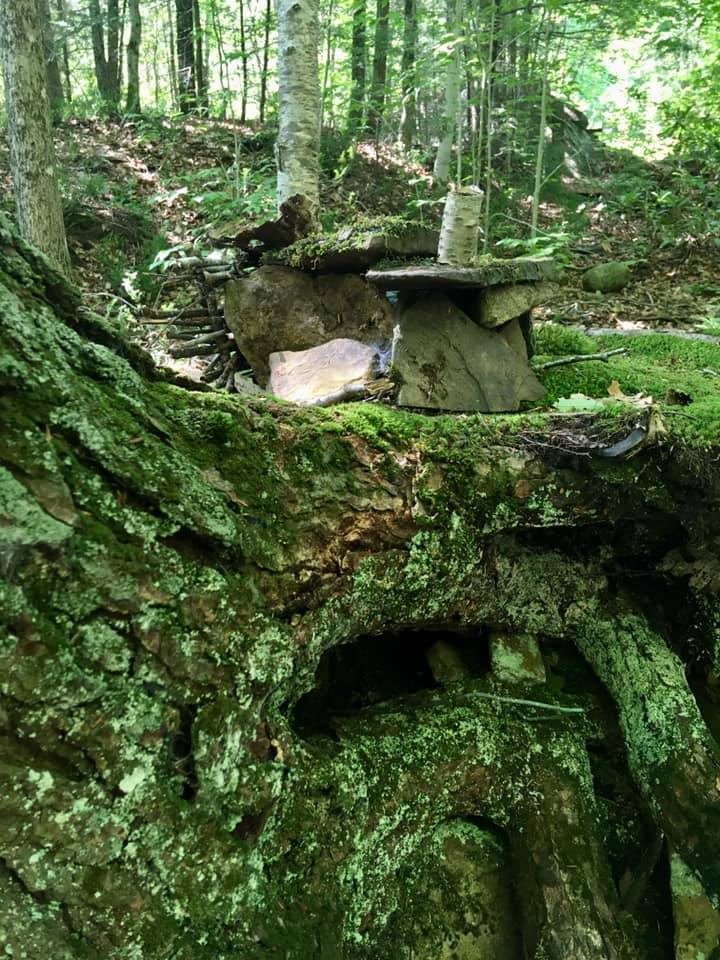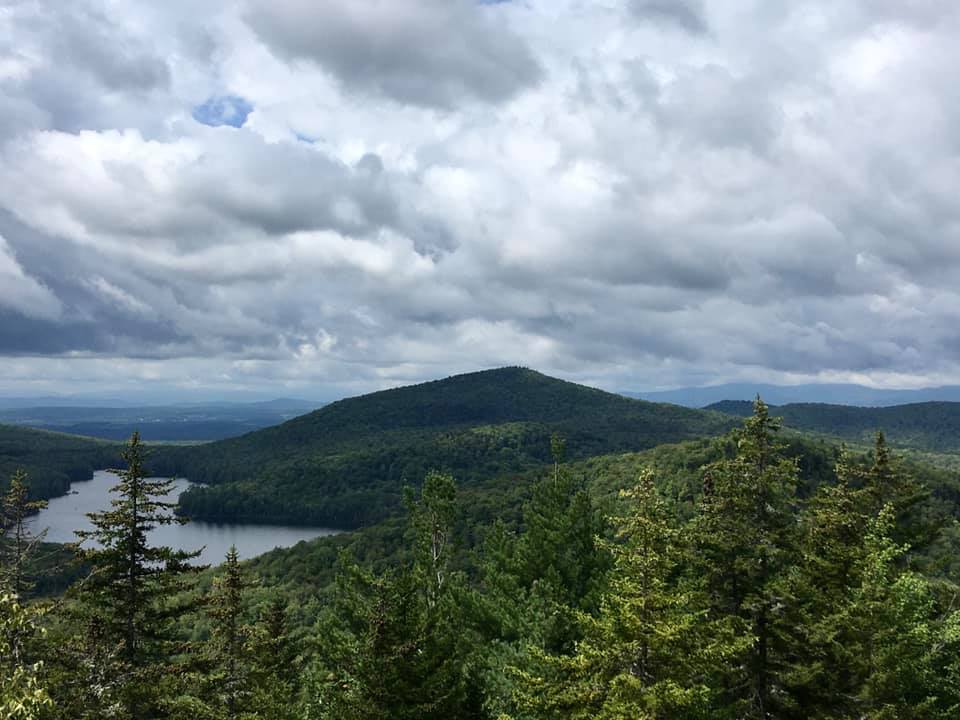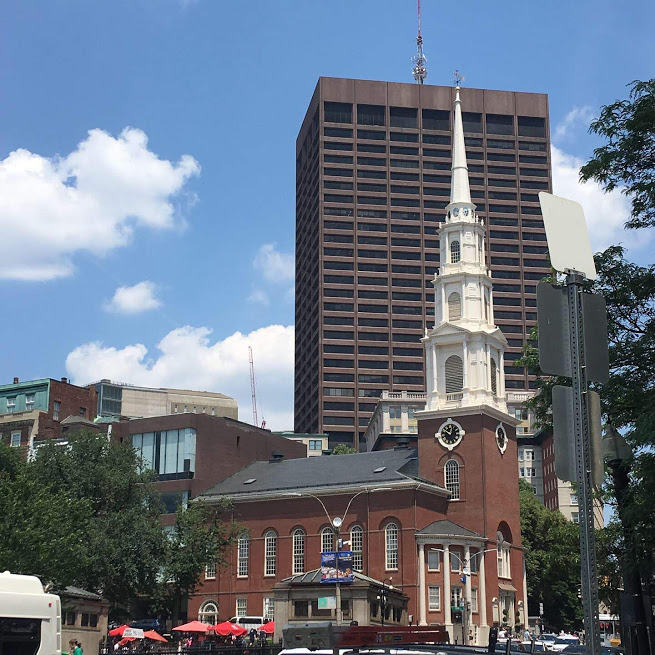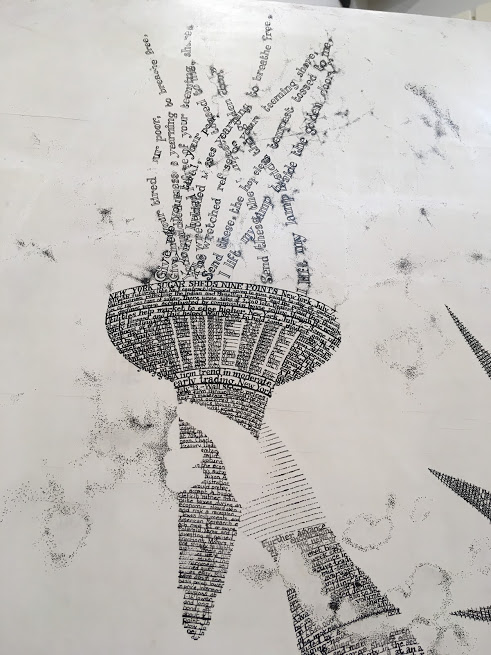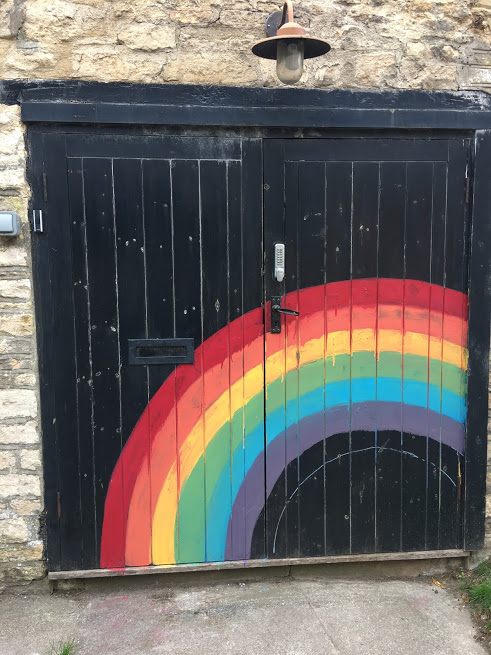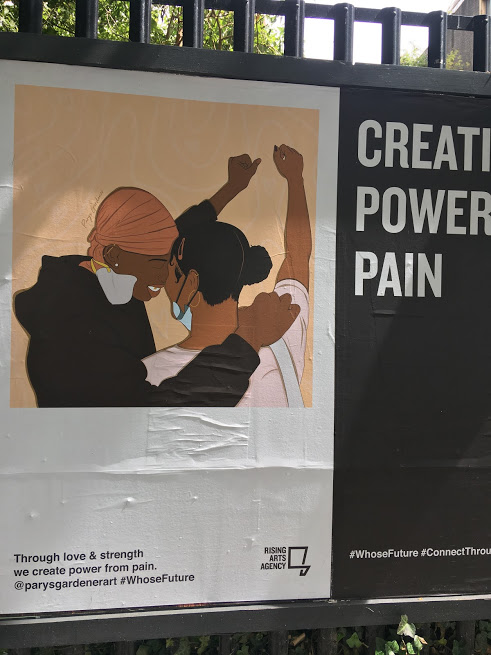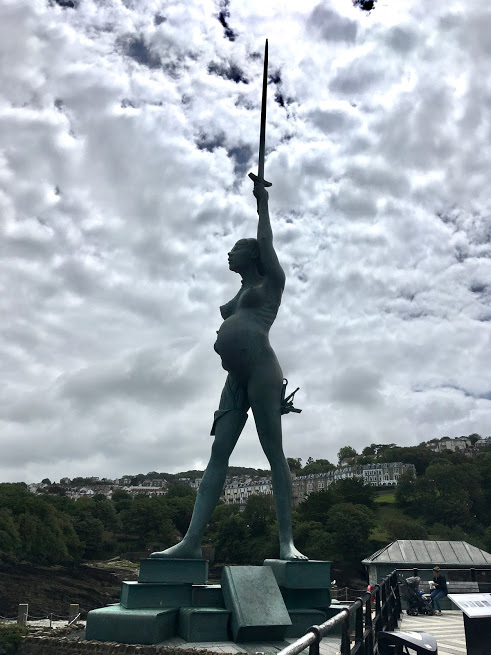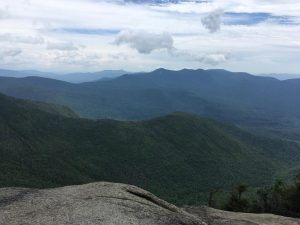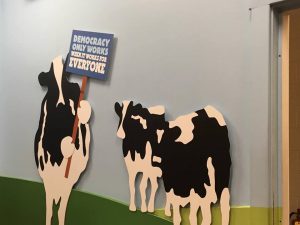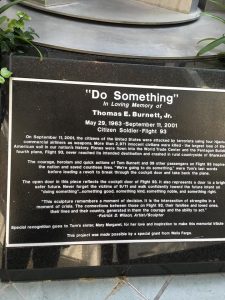Most of my favourite outdoor adventures last year happened in places I’ve been before. After all, we were locked down for 2021’s first five months. Our later travels were to see family, so the places we revisited took on special value even if they weren’t new and exciting. I felt lucky to deepen my knowledge of beautiful locations.
Sometimes, the company kept on a walk—even just the songs you listen to—cranks up the wonder and lodges it in your memory.
Previous years’ lists of unmissable explores are here, here, and here.
Cam-Dursley-Uley, Gloucestershire
This is my local 7-mile circuit. I go up through winding, quiet lanes, past curious goats and a howling cattery and sweeping, peaceful “retirement fields” for old horses. There may be brunch at the wonderful Vestry cafe in a church-turned-arts centre, with macaroons to take away. (To find the Vestry, turn into the road by the house with vintage petrol pumps in front.)
Then back along the road because it may be noisy, but it gives some lovely views of fields, purple flax in the spring, and nice houses, including Angeston Grange with its gingerbread trim.
Mascoma Lake, New Hampshire
My 7-miler when I’m in the USA staying with my family. I follow the rail trail through the town, where it’s still trying to resurrect after the mills shut down, and then I go round half the lake. Crossing the long bridge that spans it, I often see or hear the chequered loons, or glimpse an otter darting over the rocks, or tread nervously beneath the imperious gaze of an eagle on one of the lampposts.
Traipsing along the roads from the bridge all the way round the water back to my parents’ house, often in 98% humidity even at 6 in the morning, I see the sun rise above moored sailboats. The big stone Shaker barns are softened by mist; the Catholic shrine opposite is quiet, its thousands of Christmas light bulbs hibernating through summer. Then I pass miles of lake houses: some grand, some old and rickety with more lawn ornaments than floor space.
Lymington, Hampshire
Spending a little time on England’s South coast with my husband’s family, I took the opportunity early in the morning to hike my weekly Friday Five Miler in a different location. I navigated with Google Maps to the marshes of Lymington Nature Reserve, protected by an earth wall from the sea. Then I followed the coast back toward our holiday house.
This was one of those walks where the songs plus the weather equalled perfection. In overcast, hedgy lanes I bit back tears listening to “She Used to Be Mine” from Waitress, then I came out onto the built-up coast in a sudden deluge. The ocean wind blew raindrops so forcefully into me that I had little red welts on my skin. But by the time I came around to the marina, the rain stopped and sunlight broke through, gilding the sailing masts while “Blinded By the Light” played in my earbuds.
Rye Beach and Little Boar Head, New Hampshire
My two sisters and I took a sunrise trip to New Hampshire’s seacoast during the summer. We started at Rye Beach, a beautiful sandy stretch. At 5:45 there were already surfers riding the waves, gold-rimmed as another hot summer day began. A John Deere tractor motored over the sand and we walked barefoot around gull feathers and knotted halos of seaweed.
We then drove to Little Boar’s Head, where a path winds between the ocean and the mansions of Willow Drive. Wild roses grow on the banks and old fishermen’s huts, now coveted summer boltholes, line the entrance to the path. Off the shore, cormorants perched on rocks to air their wings.
Festive London
Wearing masks and Covid testing frequently, we went to London over New Year’s 2021-2022. My husband and I met in London, so I’m quite attached to it, but we hadn’t visited there together in almost a decade. We went for long walks taking in Hyde Park and its river birds, South Kensington and the embassies where our son could identify all the flags, and London Zoo. I was enchanted by all the Christmas lights of Mayfair and Oxford Circus, the butterflies and rainbows of Carnaby Street.
We tromped off to Notting Hill also, where at 10 pm on New Year’s Day we got delicious gelato at Amorino, scooped out in flat petals and pressed together like roses. We ate our ice cream as we walked along, admiring quirky window displays. I took a picture of one house with a mural on the front, while in the upstairs window next door, a man leaned out cutting his fingernails into flower boxes, looking utterly bored.
Aria Force and Gowbarrow Fell, Ullswater
We got to go back to the Lakes District this summer, visiting some of the favourite places from last year, and exploring extra ones too. This year we fit in a visit to the waterfall trail passing Aira Force, a 65-meter waterfall. The path was under construction nearest the Aira, but further up we could climb around and play in series of terraced torrents, and peek past ferns and foxgloves at steep, moss-furred drop-offs.
We turned away from the becks (cascades) to climb Gowbarrow Fell, which felt a bit steep since we’d been ascending the whole time leading up to it. The views were gorgeous though—fields and byres and pines and more fells (peaks). From the summit we could see the steamer-scythed length of Ullswater Lake. Circling back toward Aira Force car park, we kept the lake in our sights, through trees and heather and tendrils of dog rose, their creamy heart-shaped petals falling on the path while bees trumpeted around.
Groton State Park, Vermont
Vermont state parks are awesome. We camped in a lean-to (three-sided shelter) near Rickers Pond, part of Groton State Forest. Lake Groton and the surrounding ponds were formed at the end of the Ice Age when some of the melting water got trapped by the gravel it carried, and the area is studded with boulders called “glacial erratics.” There are lots of trees, and bluffy mountains with asymmetrically sloping summits like overdone meringues.
Apart from the natural beauty of pristine water and quirky little towns, mountain views and greenery, Vermont makes it clear it cares about its parks. We encountered such lovely touches as free suncream dispensers, and convenient toilet blocks and firewood stations. We swam at Lake Groton’s Boulder Beach and stretched out on the soft, freshly-raked sand. We hiked up Owls Head, a short mossy path to a beautiful lookout point with an eagle circling overhead, and we spent a lot of time at Rickers Pond, swimming in it and then “brooksploring,” following a brook off of it leading toward the Wells River. We liked watching the mussel trails, a whole herd of freshwater mussels in the shallows, approaching the shore and leaving their curlicue tracks in the pond’s bottom. The loons were bold at the Pond, diving right near us. I also hiked a couple miles of the Cross Vermont trail, perhaps something I will revisit more completely one day.
Are you familiar with any of these locations? What were your favourite outdoor adventures from the last year?
